The deprivation of a person’s liberty is a very serious matter and should not happen unless it is believed to be absolutely necessary and in the best interests of the person concerned.
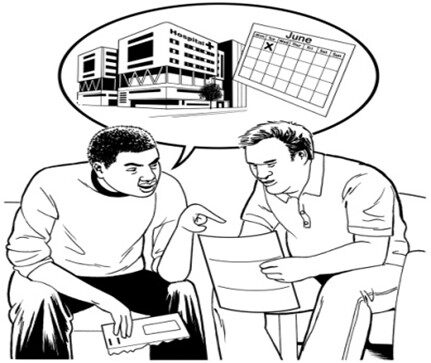
A deprivation of liberty is when people make decisions for you, especially about where you live, and the things you are allowed to do.
The decisions they make are called safeguards.
Who decides if you need deprivation of liberty safeguards?
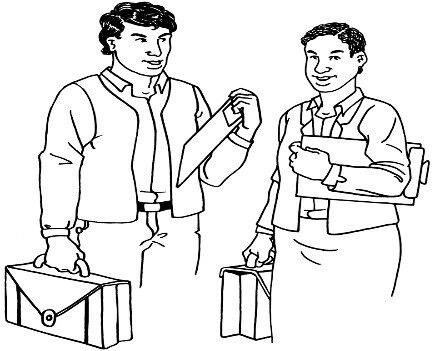
Two people will visit you. These people have been specially trained to assess your mental health needs and will make sure that any decisions made are in your best interests.
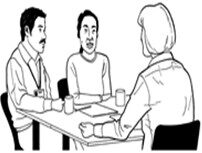
They will talk to you and staff about how you can stay safe and the help you will need.
What will happen next?
The supervisory body will assess your care and treatment.
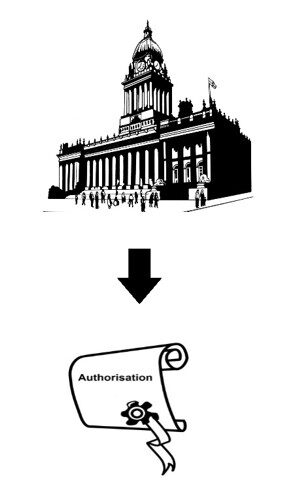
The supervisory body is the local authority who will consider the request for a DoLS, will arrange for assessments to take place and will decide whether or not the deprivation should go ahead.
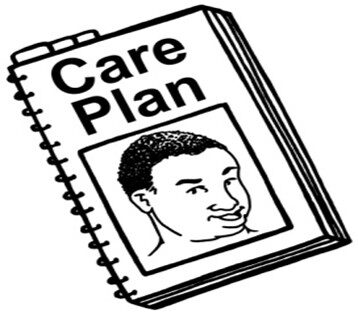
They will make sure that your care plan, a document which sets out the help and support you will be given, keeps you safe or if it needs to be changed.
How long will a DoLS last?

The supervisory body will look at your deprivation of liberty and will tell you how long it will last.

Your deprivation can last up to 12 months.
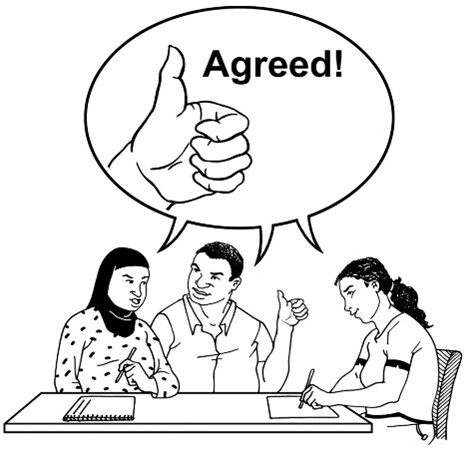
After this time the supervisory body will need to say whether the deprivation should be continued.
Who will make sure that you are OK?
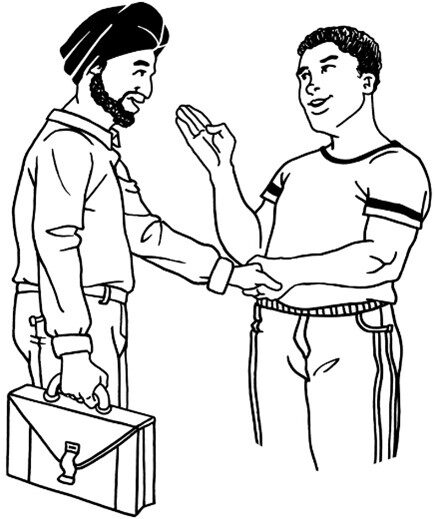
The supervisory body will let you know the name of a person who will visit and check you are happy and safe.
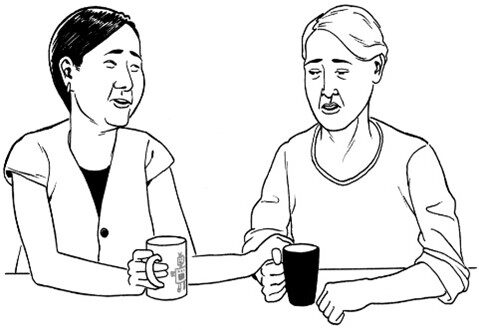
This person will be known as your representative and may be family, friend or an advocate.
An advocate is a person not involved in your case who will:

Help you to get information.
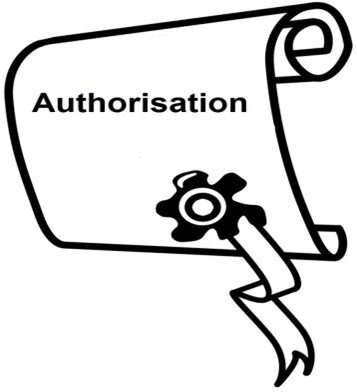
Help you to understand the effect of the authorisation. The authorisation is the legal means by which you will be deprived of your liberty.
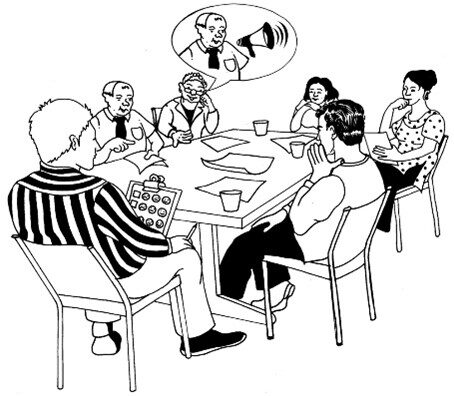
Talk to other people for you.
Independent Mental Capacity Advocate (IMCA)

If you have nobody to represent you, an IMCA will be asked to make sure any decisions taken are in your best interests.
What happens if you are unhappy?
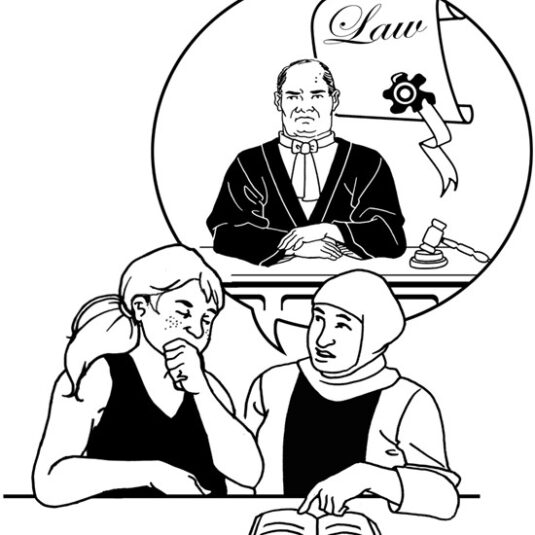
You can ask your representative or a member of staff to help you appeal to the Court of Protection.
Want to know more?

Talk to your representative or member of staff.
For further information please contact:

Mental Health Legislation Department
Lanchester Road Hospital
Lanchester Road
Durham
DH1 5RD

Telephone: 0191 5007576

This service is available:
Monday to Friday, 8.30am to 5pm
If you are unhappy about our services…

Please tell a member of staff.

Freephone: 0800 052 0219

Email: [email protected]
Feedback
We’d like to know if you thought this information was:

Good or bad. If anything was missing you wanted to know. If there was anything you didn’t understand.
Let a member of your care team know.
L836e, V4, 14/08/2025 (archive: 13/08/2028)